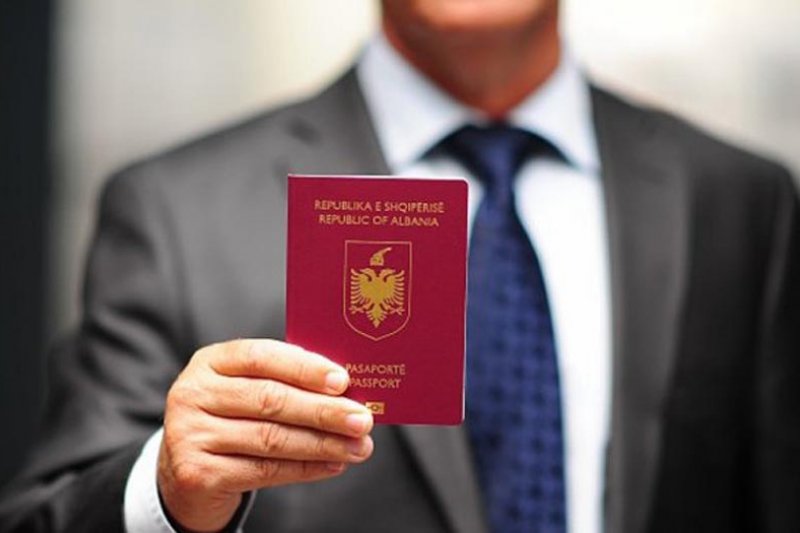Albania Celebrates 12th Anniversary of Visa Liberalization
Decision of the European Parliament on lifting visas for citizens of Albania to the countries of the European Union came into force on December 15, 2010.
On November 8, 2010, the Council of Ministers of Justice and Ministers of the Interior of the European Union approved the liberalization of visas for Albania and Bosnia and Herzegovina. This decision paved the way for the free movement of Albanians in the 27 countries of the Schengen area.
This was a historic event for Albanians, even though there are a number of conditions that must be respected. An Albanian citizen cannot stay in the Schengen area for more than 90 days in 180 calendar days.
Albania and Bosnia Herzegovina thus joined North Macedonia, Montenegro and Serbia, which benefited from the decision for a visa-free regime on 19 December 2009.
Kosovo remains the only country in the Western Balkans whose citizens must still have visas to travel to European countries, but the EU Parliament and Council have finally reached an agreement on the liberalization of visas for Kosovo.
On November 30, the ambassadors of the EU member states agreed to give the mandate to the European Council to negotiate the visa liberalization process for Kosovo with the European Parliament. On behalf of the EP, negotiations were conducted by the visa liberalization rapporteur for Kosovo, Thijs Reuten from the Netherlands.
"The lifting of visas will come into force when the European travel system, ETIAS, is operational, in any case no later than January 1, 2024," this announcement states.
"Finally, citizens of Kosovo will be able to travel for vacations, family visits or for business reasons in the EU, without having to apply for visas. This is a very important moment for the European future of this country", said Reuten.
Now the agreement must be voted on in the Committee on Civil Liberties, Justice and Home Affairs (LIBE) in the European Parliament, and then in the plenary session. After that, it is confirmed by the Council of the EU. This agreement is considered a success of the Czech Presidency of the European Union.













